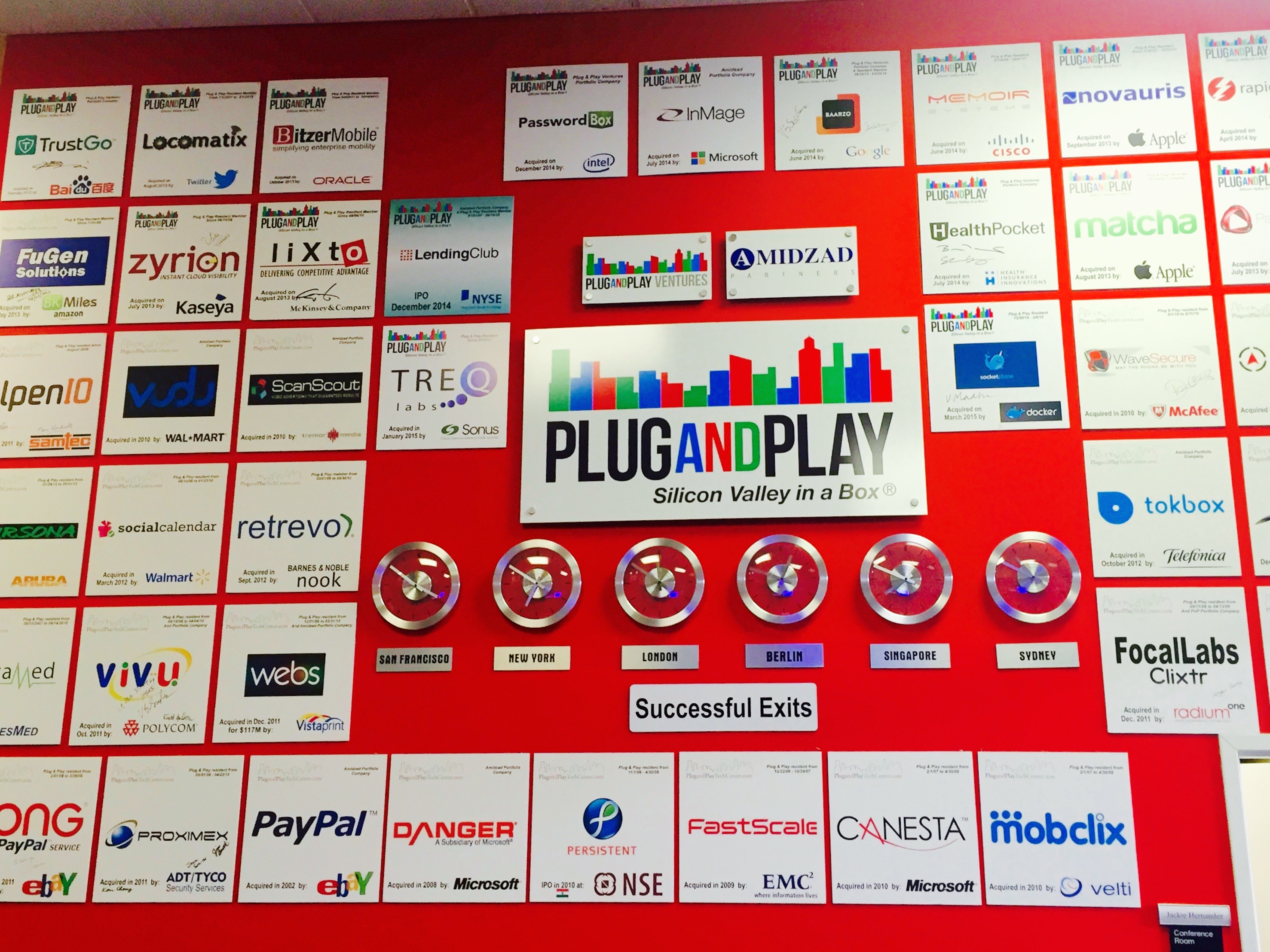by Julia Culen & Christian Mayhofer
Many leaders still think that Industry 4.0 is about increasing efficiency and decreasing costs of production. It might be too late when they are proven wrong.
Digital transformation is not automation, it actually means business model disruption and when Philipp Justus, German CEO of Google, says “…the digital transformation will never again be as slow as today” – that sounds really scary!
When we talk to leaders today, many seem to be stuck in something we call “Schockstarre” or lamed due to shock. There is no other explanation for their non-reactiveness, their slow motion way of moving forward and the threats they identify as relevant to them. Instead, many organizations face massive problems going even into the first stages of digitalization, such as collaboration platforms or CRM tools (Customer Relationship Management) – terms from the 1990s.
An IBM study study indicates that main success factors in embracing digital change are strong relationships and feedback loops with customers, being fast in new markets (first-mover advantage), being prepared to be attacked by big and small new businesses, bringing down hierarchies, and empowering employees with direct contact to customers. All of these factors challenge the given identity of employees and the status quo of whole organizations. “We are the best in class,” “We are the technological leaders,” “We have the best quality” – hello, what if not? What if that is the completley wrong page and the relevant game is being played somewhere else?
So, are we then really talking about technical rocket science and new cutting-edge technology? Most likely not! Instead we are hitting challenges and barriers created by our mind, much more perilous and poisonous since they are invisible to our old and proven ways of reading the world – and addressing them will lead to some uncomfortable questions:
- What are the threats you are not even aware of?
- What if today’s success is telling you nothing about tomorrow’s challenges?
- What if today’s success is not at all proof that you are doing the right things today?
- Are you still the right management team to face the challenges?
- Do you have the right cultures, skills, people in place?
- Who are the people you should listen to in order to be in business tomorrow?
- Which territories are you are searching and hunting in?
- What if your attitudes and beliefs are the limiting factors for the company’s needed transformation?
- What if your business is currently under disruption and you are not even aware of it?
There are many mind based barriers to embracing the digital transformation while the speed and complexity of changes is totally overwhelming. But ignoring and dismissing these threats is not an option either. So what to do? Some ideas:
- Get some young people and fresh thinking in your management teams.
- Don’t believe your old beliefs!
- Open up and connect to the world – go outside and see what is happening, don’t hide in your board rooms, companies and yesterday’s playgrounds.
- MOVE FASTER, YOU ARE TOO SLOW!
- Go for a corporate culture rewarding competencies, ideas and speaking up, not hiding under the table in order to not make mistakes.
- Rethink your business models every single day – and have your people do the same.
- LISTEN TO YOUR CUSTOMERS!
- LISTEN TO YOUR EMPLOYEES!
- Listen to people with uncomfortable news.
We could go on, but the message we want to convey is the following: digital transformation is not primarily a technical but a challenge for the mind – and most likely it will hit like an avalanche. It smashes old beliefs and known success patterns. And it challenges leaders on a personal level, unknown of in the past. As this is only the beginning… you better get going. NOW!

http://sloanreview.mit.edu/article/the-nine-elements-of-digital-transformation/
https://www.linkedin.com/pulse/die-geschäftsmodelle-der-digitalen-elite-holger-schmidt

